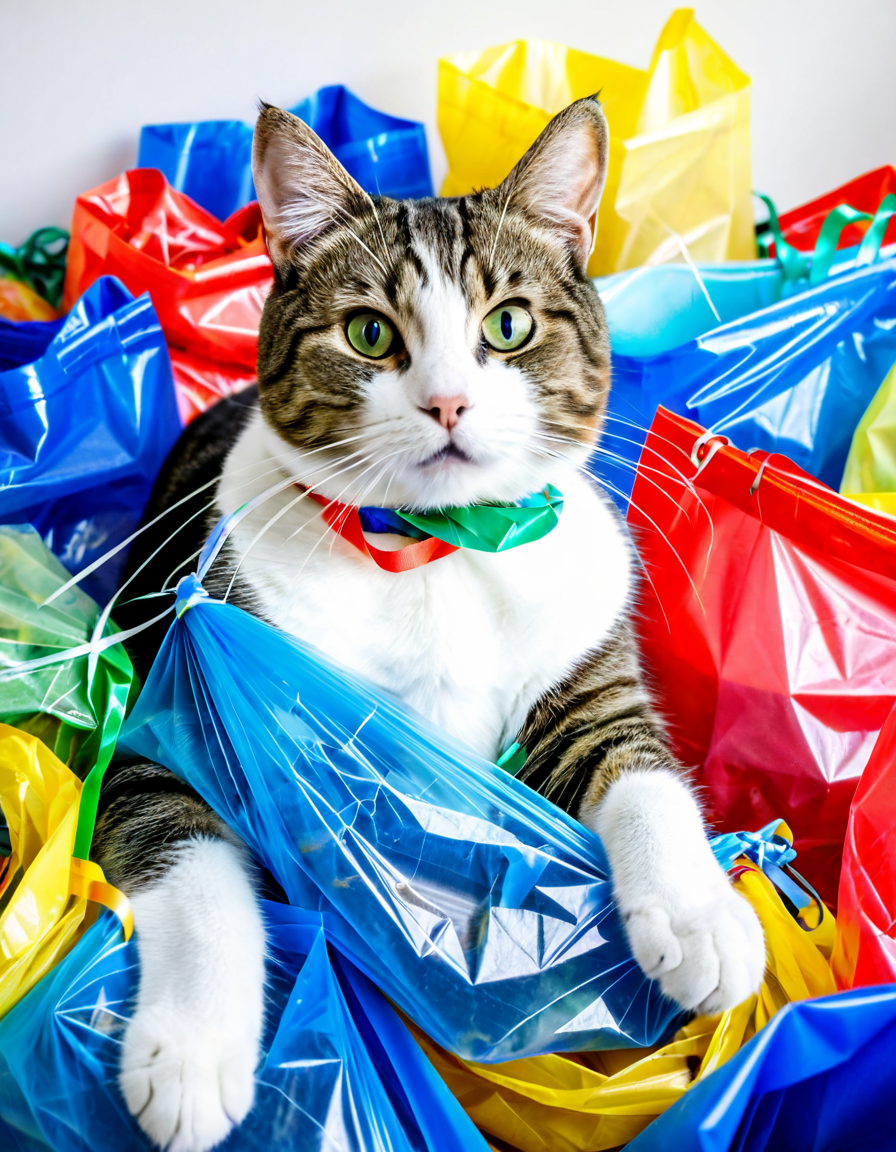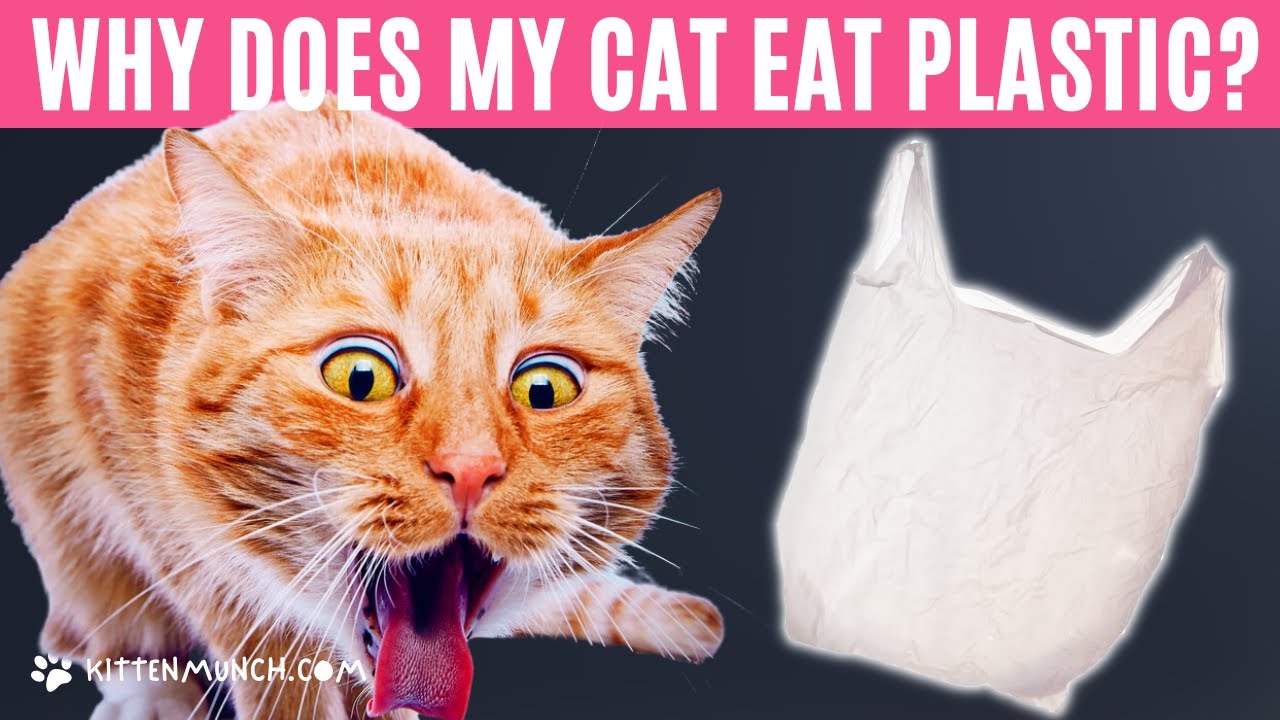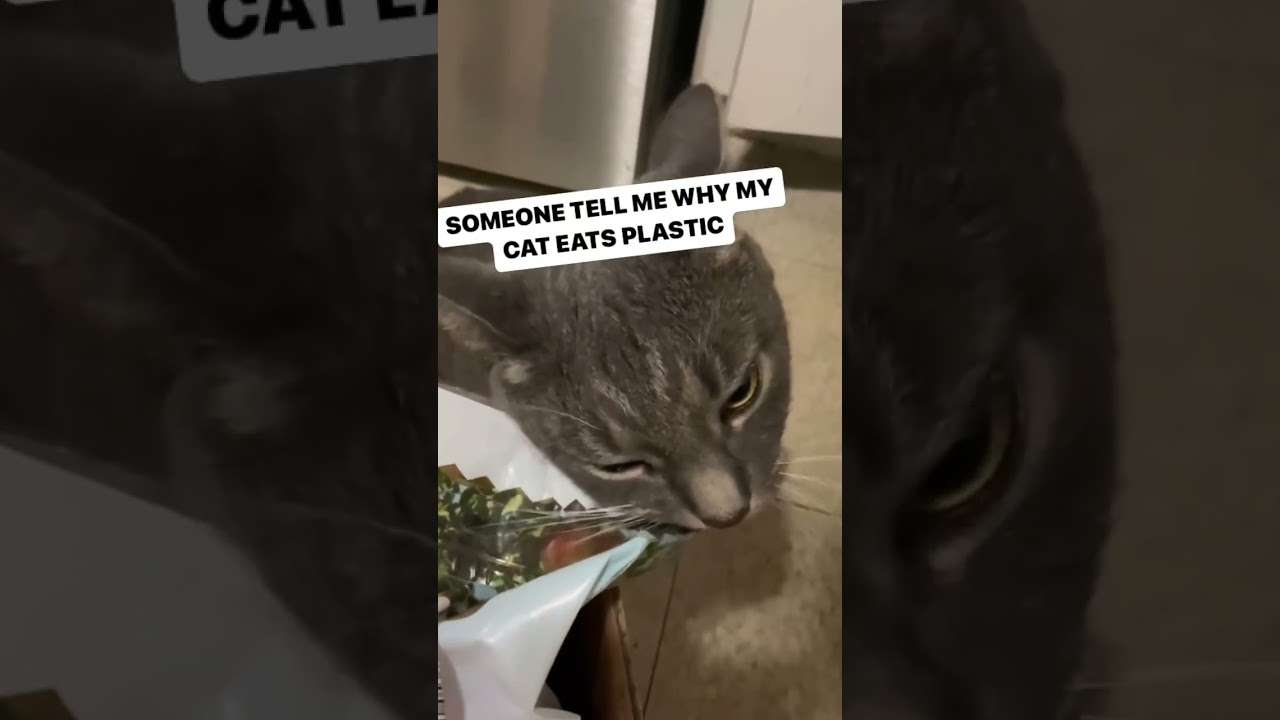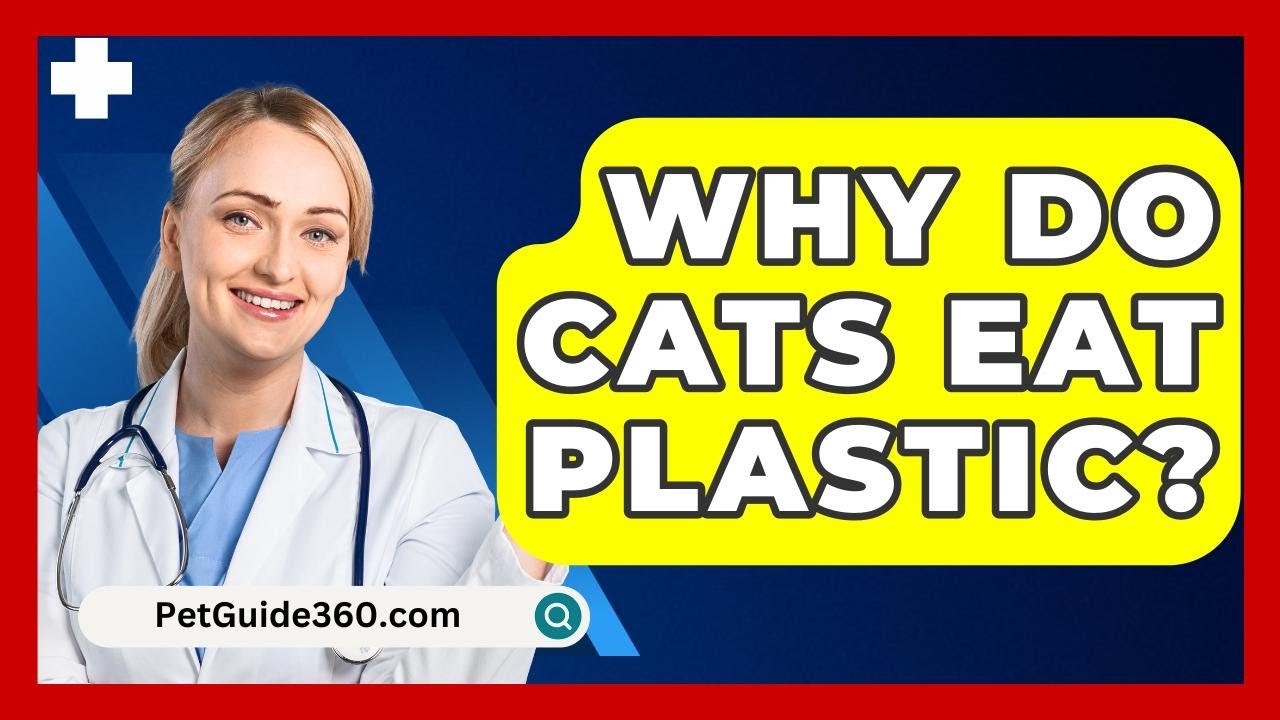If you’ve ever caught your cat munching on a plastic bag or a wrapper, you may have wondered, “why does my cat eat plastic?” This peculiar behavior isn’t just a quirky habit; it’s a condition known as pica. Understanding pica can be perplexing for many cat owners, raising concerns not only about the weird snack choices your feline makes but also about potential health risks that come with it. In this article, we’ll dive into the reasons behind this unusual culinary curiosity, exploring insights that can help you address this behavior effectively.
Top 6 Reasons Why Does My Cat Eat Plastic?
1. Nutritional Deficiencies
One significant reason some cats may eat plastic is nutritional deficiencies. If your cat’s diet lacks essential nutrients, particularly minerals like iron or taurine, they might look for alternatives to satisfy their cravings. Brands like Royal Canin and Hill’s Science Diet formulate their recipes to ensure your cat receives all the necessary nutrients, which can help curb this behavior. If you suspect a deficiency, consider switching to a high-quality cat food or consulting your vet.
2. Curiosity and Playfulness
Cats are naturally inquisitive, and plastic items often catch their attention. The crinkly sounds and unusual textures can prompt a playful response. A playful kitten may find itself pouncing on a grocery bag and eventually chewing on it out of sheer curiosity. Engaging your young cat with interactive toys can counter this habit and redirect that playful energy toward safer alternatives.
3. Stress and Anxiety
Behavioral issues stemming from stress and anxiety can also lead to pica. If your cat has recently experienced changes, such as moving to a new home or welcoming a new pet, they might seek comfort in chewing on plastic. If your cat seems hesitant or unusually anxious around you, know that they might be using these habits to cope with their feelings. Pay close attention to their body language and try to create a soothing environment, introducing gentle interaction to help calm their nerves.
4. Oral Fixation
Another factor could be a simple oral fixation. Just like some humans have certain habits, some cats are driven to chew and lick various surfaces, including plastic. This behavior serves as a comfort mechanism, similar to how kittens explore their surroundings when they’re younger. It’s a way for them to process their environment, but if it becomes excessive, you might want to explore other distractions or chew toys designed specifically for cats.
5. Boredom and Lack of Stimulation
Indoor cats often face boredom, which can push them to engage in pica. Without ample stimulation, they may turn to chewing on plastic as a way to entertain themselves. To combat this, add enriched activities to their day. Consider investing in toys or climbing structures from PetFusion that can channel their energy and deter them from seeking entertainment from plastic bags and other non-food items.
6. Medical Issues
Finally, if excessive plastic eating persists, it could signal underlying health problems. Conditions such as hyperthyroidism or gastrointestinal disorders can show themselves through strange eating habits. If you notice your cat continually munching on plastic, take them to the vet for a thorough examination. Early intervention could prevent more serious issues down the line.
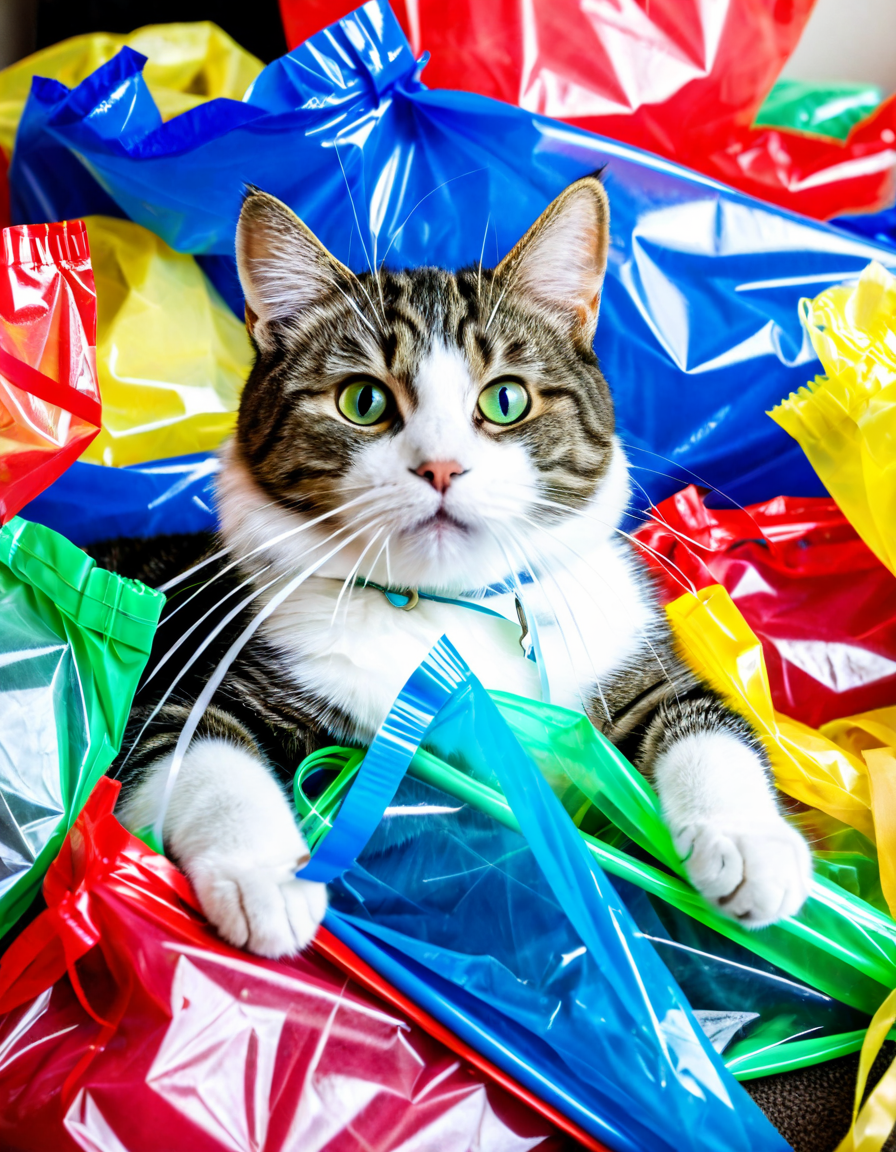
Behavioral Insights: Why Is My Cat Always Trepidatious With Me?
Understanding the emotional triggers behind your cat’s behavior is vital in nurturing your relationship. If you ask, “why is my cat always trepidatious with me?” it may be linked to past experiences or their current environment.
Responding to Cat Behavior: Why Does My Cat Follow Me to the Bathroom?
You might also wonder, “why does my cat follow me to the bathroom?” This behavior often comes from their instinctual drive to bond with their social group. They want to keep you company or ensure you’re safe while you’re away from them.
Practical Steps to Guide Them
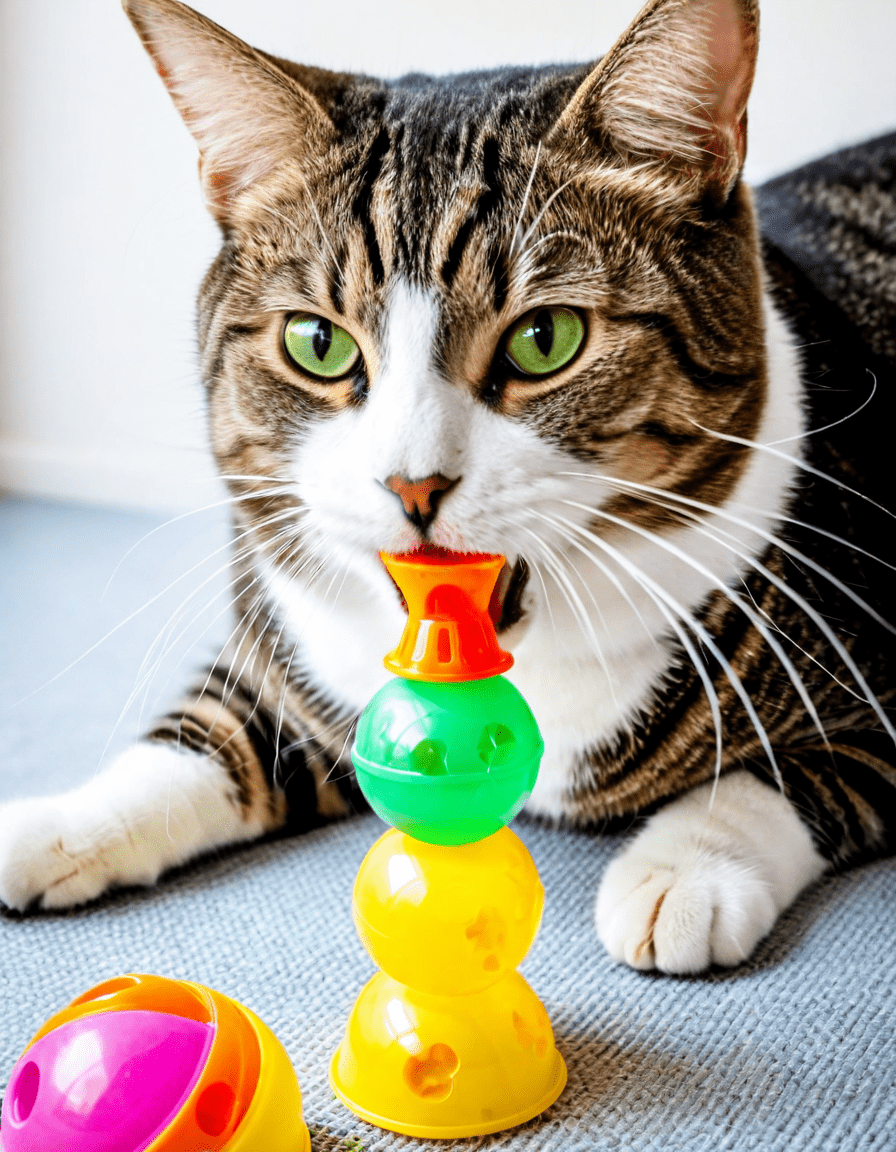
Wrap-Up
In the intricate dynamics of feline behavior, understanding why some cats munch on plastic requires an all-encompassing approach that addresses their physical, emotional, and environmental requirements. By making sure their diets are filled with the proper nutrients, providing stimulating activities, and cultivating a comforting atmosphere, cat owners can work to diminish this peculiar habit. Remember, if your cat continuously displays distress or indulges in munching plastic, a trip to the vet is essential. Their guidance can lead you to effective solutions tailored to your cat’s needs, ensuring they thrive in your companionship.
Why Does My Cat Eat Plastic?
Cats can be such curious little creatures, often leading their owners to wonder, “why does my cat eat plastic?” This peculiar habit can stem from various reasons, like boredom, hunger, or a medical condition. Interestingly, some experts believe that the texture or smell of plastic can appeal to our feline friends. It’s a bit like how a dog might crave a treat — such as ginger snaps, which you can find out more about here.
A Quirky Habit
You might be surprised to learn that many cats enjoy chewing on plastic bags or wrappers simply because they like the sound and feel. It’s akin to how humans might play with a fun toy or an unusual gadget. Other times, this behavior can signal stress or anxiety, which you can read about in the context of why Does My cat bite me softly here. If your cat is often left alone, she might be trying to comfort herself with familiar textures, like her favorite blanket, leading to her odd taste in plastic.
Health and Safety Concerns
It’s essential to keep an eye on your kitty’s eating habits, as consuming plastic can lead to serious health issues. Too much plastic can cause blockages, and if ingested, that could lead to a hefty vet bill! Just like humans can have odd connections to things they sleep on — you know, that strange smell after a long nap — a cat may pick up on familiar scents from plastic, which might draw her in closer. If you’re asking, why Does My cat smell like What She Sleeps on? you can find the answer here.
So, while your feline friend might find solace in munching on plastic, it’s best to keep its munchables safe and sound. After all, keeping your kitty healthy will let both of you enjoy countless more playful moments — just like the joy of watching Pewdiepies antics! You may find yourself wishing you could join along, or maybe just avoid cats nibbling on unexpected items altogether.
